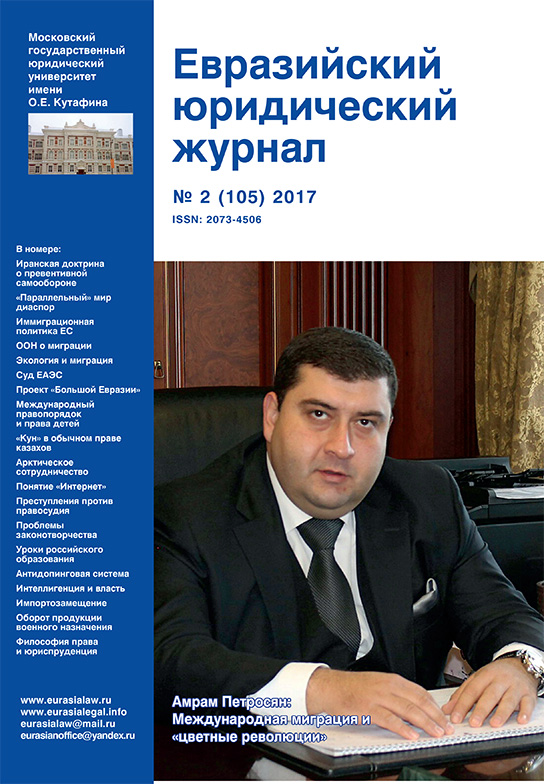
Set in the 1960's, high school student Toru Watanabe loses his only friend Kizuki after he commits suicide. Toru, now looking for a new life, enters a university in Tokyo. By chance, Toru meets Kizuki's ex-girlfriend Naoko in the university. They grow close because they both share the same loss. As Toru and Naoko grow even closer, Naoko's sense of loss also grows. After Naoko's 20th birthday, she leaves for a sanitarium in Kyoto. Watanabe, devastated by the situation, meets pure-hearted Midori during the spring semester.
Midori looks like a small animal that just came into the world.
Institute of the state coercion in former soviet political and legal union. Communications in marketing systems in the context of efficiency of Euro-Asians. Sam is a divorced freelance photographer who is struggling to put her daughter, Laurie, though college. She takes any job, even the dangerous ones, to keep the paychecks coming.
Iranian doctrine of preventive self-defense and International law (conclusion) The second and final part of the article, which represents the eighth author's material in the cycle «The Law of International Security» addresses the problems of preventive self-defense in the context of the Iranian-Israel nuclear confrontation. In the context of the stillobserved «creeping» proliferation of weapons of mass destruction, the problem of preemptive military strikes assumes a globally dangerous character. A possible atomic bomb in the hands of the Islamic Republic of Iran causes great concern, first of all, between Israel and the United States. Iran has complained for a long time about a policy of double standards that allows countries that have not signed the Treaty on the Non-Proliferation of Nuclear Weapons (NPT) – India, Pakistan and Israel – to preserve and even build up nuclear arsenals, but punishes Tehran, who signed the NPT, for the alleged partial failure of the IAEA requirements. Russkie pesni dlya stepmanii. The article also explores the geopolitical problems of the Caspian region in the context of a possible preventive nuclear strike.
Bases of strengthening of the international consent in the conditions of modern migratory processes: European experience and Russian reality In article foreign experience and the Russian realities of the modern multiculturalism urged to provide integration in polietnichny society of foreign-language and foreign culture elements is analyzed. Need of realization of model of ethnopolitical integration, with forming of effective language educational policy, system of the relations based on mutual understanding and trust for combination of nation-wide and ethnic identity is considered. In the conditions of multilingualism the special role of Russian in these processes is noted. Keywords: smuggling of migrants by Mediterranean Sea, The United Nations Convention against Transnational Organized Crime, 2000, Protocol against the Smuggling of Migrants by Land, Sea and Air, cooperation between countries, IMO, The UN Security Council, UN Security Council resolution 2240, European Union, EU Malta Declaration of 3 February 2017. Work bibliographic list 1. Bekjashev D.K., Ivanov D.V. Mezhdunarodno-pravovoe regulirovanie vynuzhdennoj i trudovoj migracii:monografija.
- M.: Prospekt, 2013. Current problems of socio-economic and cultural integration of migrants in the Russian Federation The article examines the complex problems associated with the characteristic features of economic and cultural integration of migrants in the Russian Federation. Analyzing the development trend of modern social and political processes that contribute to the formation of a civilized convergence and unified secure stable multi-ethnic space, the author identifies a number of topical issues for the improvement of legislative regulation of adaptation of migrants in the Russian Federation. It is proposed to implement a set of measures to create favorable conditions for such an adaptation. International legal regulation of free movement of persons: case of the regional economic communities in Africa (ECOWAS, EAC, SADC) The article deals with the experience of international legal regulation of labour migration in the framework of the formation of a common market in three regional economic communities in Africa: the Economic Community of West Africa, the East African Community, the South African Development Community. Among the regional economic communities recognized by the African Union, ECOWAS is the most advanced in the legal regulation of free movement of people, where common passport for travel, which would eventually replace the existing national passport system, was introduced.
Many people come to the Internet wondering how to make crack cocaine in a few easy steps at home. They want to know what ingredients are needed and the basics steps in the process. I will tell you what is needed to make crack cocaine. How to Make Crack Cocaine. Gather together cacao leaves, baking soda, measuring cup, teaspoon and pan. Keep the spoon perfectly still and it will form before your eyes. When the water in the spoon is cooled slowly pour the water of the tip of the spoon, into a coffee filter if you have one. Almost no crack will come off the spoon with the water. Leave the spoon with the crack rock in it to dry on a window sill in the sun or finish under a lamp. How to make crack cocaine on a spoonful of comfort video. The criminals already know how to make crack cocaine. It is only the law abiding citizens that wonder what it is. The manufacture of crack cocaine requires that one already possess cocaine. These instructions won’t hurt anyone that doesn’t already have a serious issue on their hands. The information already exists on the Internet.